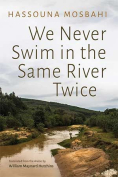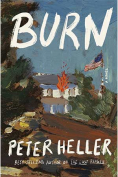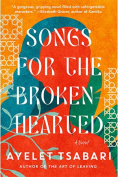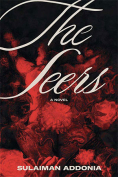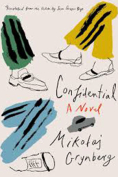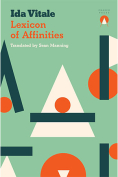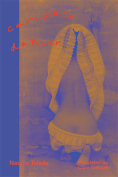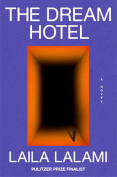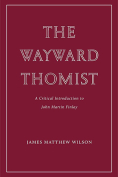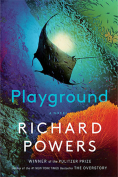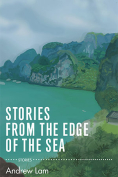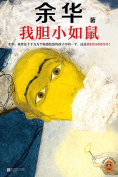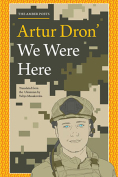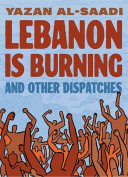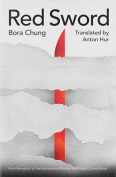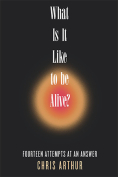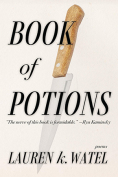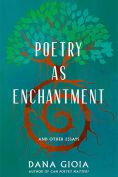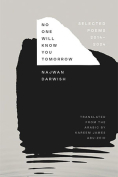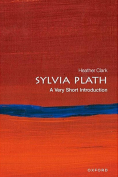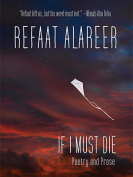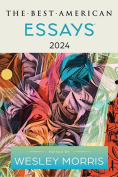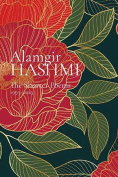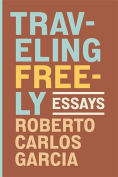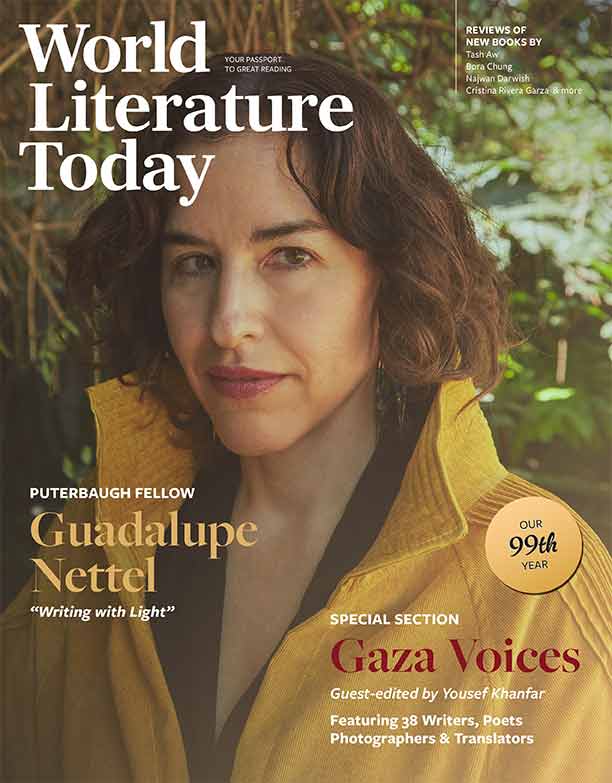Lexicon of Affinities by Ida Vitale
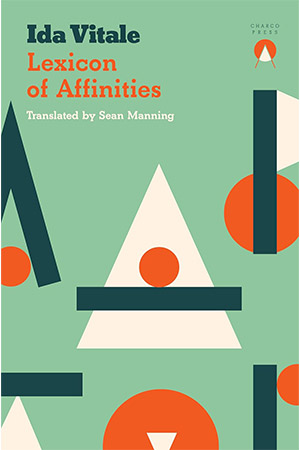
Edinburgh. Charco Press. 2025. 233 pages.
“The world is chaotic . . . difficult to classify,” writes Ida Vitale, who considers an alphabetical approach the “most innocent option” of positing an “irrefutable order” onto one’s days. In Lexicon of Affinities, the celebrated Uruguayan poet and essayist embraces the form of a personal dictionary, using language itself to bring shape to a life marked by exile, friendships, and moments of strange beauty.
Great chunks of Lexicon of Affinities dwell on Vitale’s childhood, friendships, love of travel, and various oddities. In the entry for periclitate, she recalls her uncle Pericles and the “tragic burden” he carried within him. Though he had no imposed silences like a child, he never spoke at the dinner table. So when he breaks his silence with such a word as periclitate—“like how I imagined sleighbells sounded”—it shocks the young Vitale, who cannot contain her laughter. “Despite being an adult, he was a different type of adult than others, with a more transparent and defenseless kindness.” For Vitale, periclitate could only have come from his lips; “it could even be the key to understanding him.” Elsewhere, she ponders her old neighbor Eusebia, who allowed others to use her telephone so long as she could eavesdrop, positioning herself just out of sight “in hopes of being enthralled by some live show.” Like the late Hebe Uhart, Vitale’s work embraces the intense strangeness of ordinary things and resists cynicism—even when her characters might tempt it.
Another highlight is the entry on Cabrerita, where Vitale describes her Situationist habit, when in Paris, of picking a random metro stop and debarking. On one such trip, Vitale notices a work by the Uruguayan painter Raúl Javiel Cabrera on a poster for a reading. She regales the reader with anecdotes about Cabrerita’s quirks: “There were periods when he would eat his erasers.” She asks for the poster and receives it, following up with a sentiment that, based on this book, seems to have informed her life throughout: “Logic dictates that we closely pursue wonder, regardless of whether the explanation will disappoint us.” The end result of these stories is a fragmentary memoir that feels truthful to the episodic nature of memory, which often holds onto things that might at first seem unremarkable.
Besides the strictly autobiographical content, Vitale simply stops to pause in unexpected places just to ponder. She describes the letter C, for example, as “a modest, timid letter that stopped short of becoming many others: o, a, d, g, q, content to calm, cure, chant, celebrate, perhaps not so much to charge, clone, cripple, censure, or castigate. From this, not even a letter can be free.” Other offerings are aphoristic, pertaining to certain topics such as poetry (“Words are nomads; bad poetry makes them sedentary”), reading (“a burning mirror where what we consume consumes us”), and more. While these don’t further pad out her backstory, they reveal her as someone with an obsessive and constant eye toward language—its possibilities and impossibilities.
Lexicon of Affinities imbues all its subjects with ontological equality; the weightier topics—life, death—are present, but Vitale still finds space to ruminate on the memoir’s less obvious topics: ostriches, models, and mamboretás. Thanks to this innovative vehicle for delivering her memoir, Vitale has found a way to discuss what matters to her while imposing order on these otherwise chaotic subjects, without lingering on the trite or the cliché. In the end, Lexicon of Affinities becomes something of a refuge, “a maternal cave in which to summon repair.”
Colm McKenna
Paris

